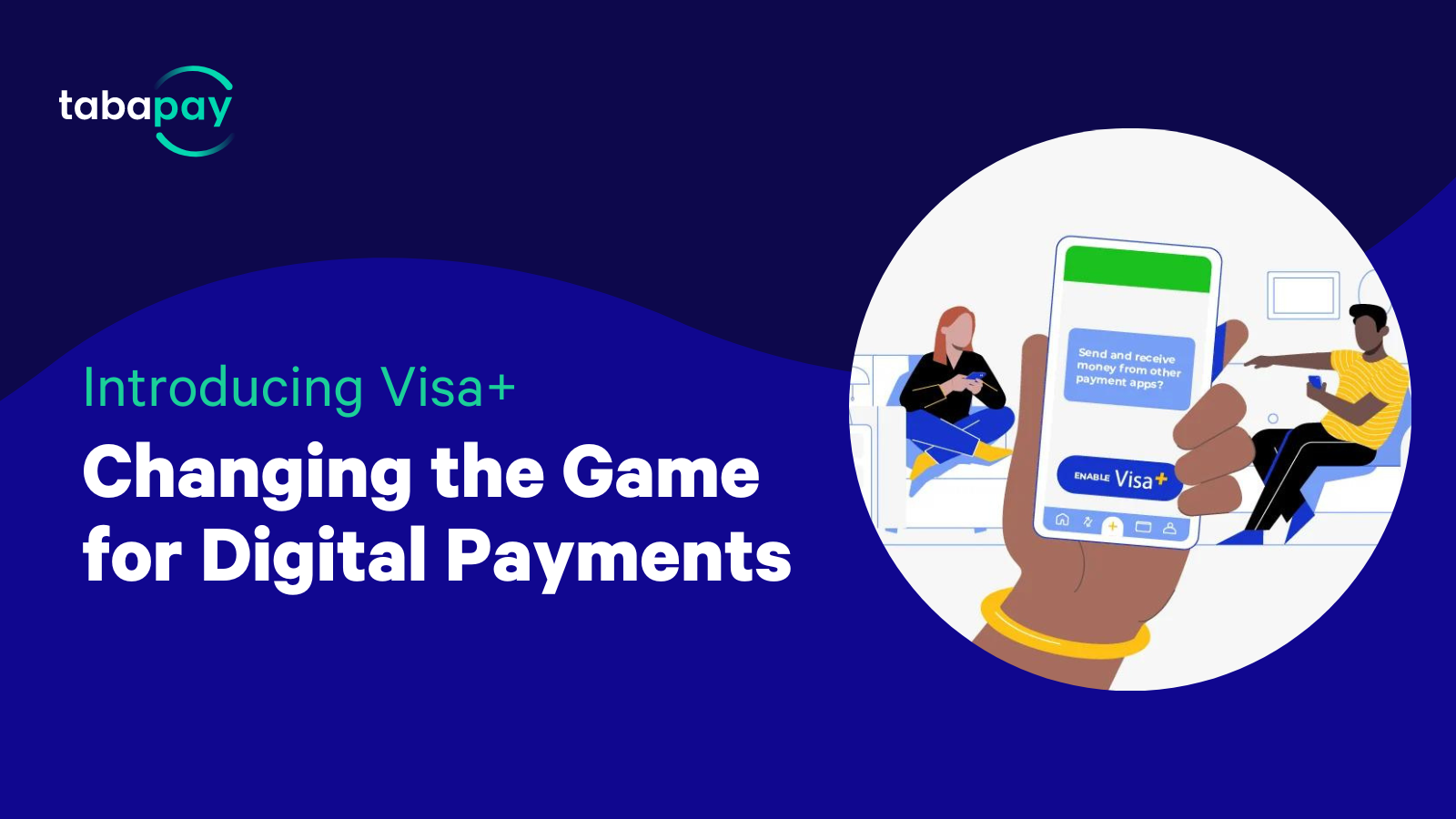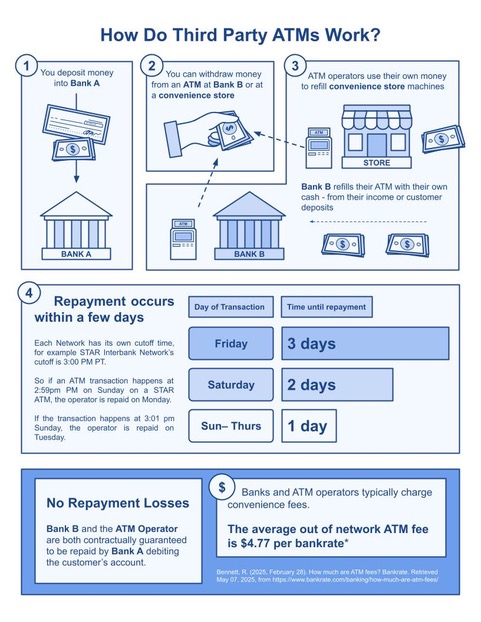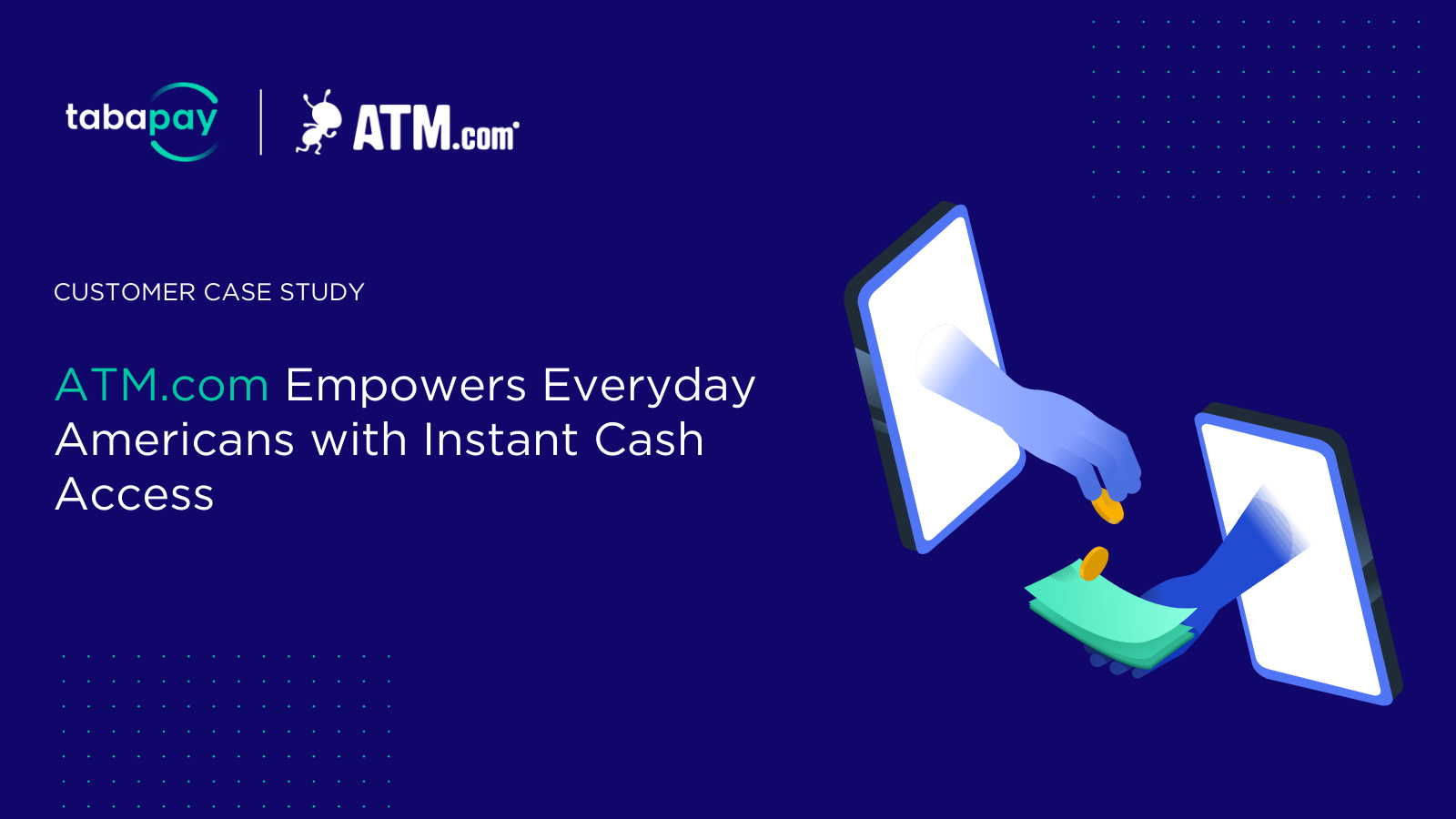Check out the recording of our webinar on Visa+ with partners DailyPay and Visa.
Earlier this month, Visa announced Visa+, a new service enabling interoperability between peer-to-peer (P2P) digital wallets starting with PayPal and Venmo. We believe this has the potential to be a game-changer in the digital payments landscape, benefitting P2P and B2C originators in the US.
Consumers have a plethora of P2P solutions available to them through apps powered by PayPal, Block, Apple, Meta, Google, and others. These solutions operate on different models and have their unique advantages, but they all share:
- Connections to payment networks facilitate money in and money out. Debit cards (including prepaid) are the most used and preferred method of payment by consumers; therefore, the networks are a logical option to pay or get paid.
- Closed-loop architecture means that the sender and receiver must be on the same platform to transact with each other, and transactions between platforms aren’t possible.
If you use P2P wallets in the US, you have likely been unable to send money to a friend because they weren’t on the same platform. This model enables digital wallets to acquire new users but isn’t convenient for people who must sign up for another app to be paid. Another illustration of the problem is collecting $15 from friends for a baby shower or birthday party where the organizer must provide multiple aliases to increase the likelihood of being reimbursed:
I’m $JoeSmith on CashApp, @jsmith on Venmo, my phone number is
212-867-5309 for Zelle and no, I don’t have change for a $20 bill.
Reconciling multiple payments over different wallets and form factors is a thankless job for the person who volunteered to do something nice. Solving this friction would lead to much more satisfied and engaged customers and the growth of digital P2P transactions for all parties.
Visa+ aims to solve this problem by introducing interoperable paynames that enable transfers across participating wallets starting with Venmo and PayPal. To receive funds from Venmo or another participating platform, a PayPal user would sign up for a Visa+ payname like +JSmith.PayPal, and then their payname becomes a personalized credential to accept funds. The goal is for paynames to become another form factor, like tapping a phone or entering a PAN in a browser.

Visa+ can also help fintechs with disbursing funds to their customers, also known as B2C payouts. Fintechs like DailyPay, which already send millions of earned wage transactions to consumers’ bank and card accounts, can expand their reach to participating wallets with a Visa+ payname. Consumers can get funds when they want and where they want, quickly and securely. Visa+ paynames can also provide neo-banks a path to provide enhanced P2P services that increase engagement with their platform.
Visa+ uses push payments technology to move money, a rail used by all P2P providers and most other fintechs that move money on behalf of consumers and/or businesses. The collaboration between Visa and PayPal is a brilliant move for both parties, as the benefits of interoperability become available to hundreds of millions of PayPal and Venmo users out of the gate. PayPal benefits from fast interoperability between PayPal and Venmo and has the first-mover advantage to capture new inbound transactions from B2C originators like DailyPay.
The eventual success of Visa+ depends on user adoption, but with the trusted and recognizable Visa brand and educational marketing efforts, it has a good chance of becoming a verb like Venmo. By solving a significant pain point for P2P transactions, presenting a new model for closed-loop platforms, and building new ways for fintechs to interact with consumers, Visa+ can positively impact how people pay and get paid.
In summary, Visa+ is a game-changer for digital payments that has the potential to revolutionize the way people transact with each other and the way fintechs engage with their users. Visa+ provides an interoperable platform, allowing people to send or receive funds where they want. Removing these barriers can enable digital payments to flow with less friction and further decrease the number of cash-based P2P transactions. We look forward to seeing how Visa+ and the convenience of paynames will transform the digital payments landscape.
For more information on how TabaPay can help you send or receive funds where your users want please contact us.






